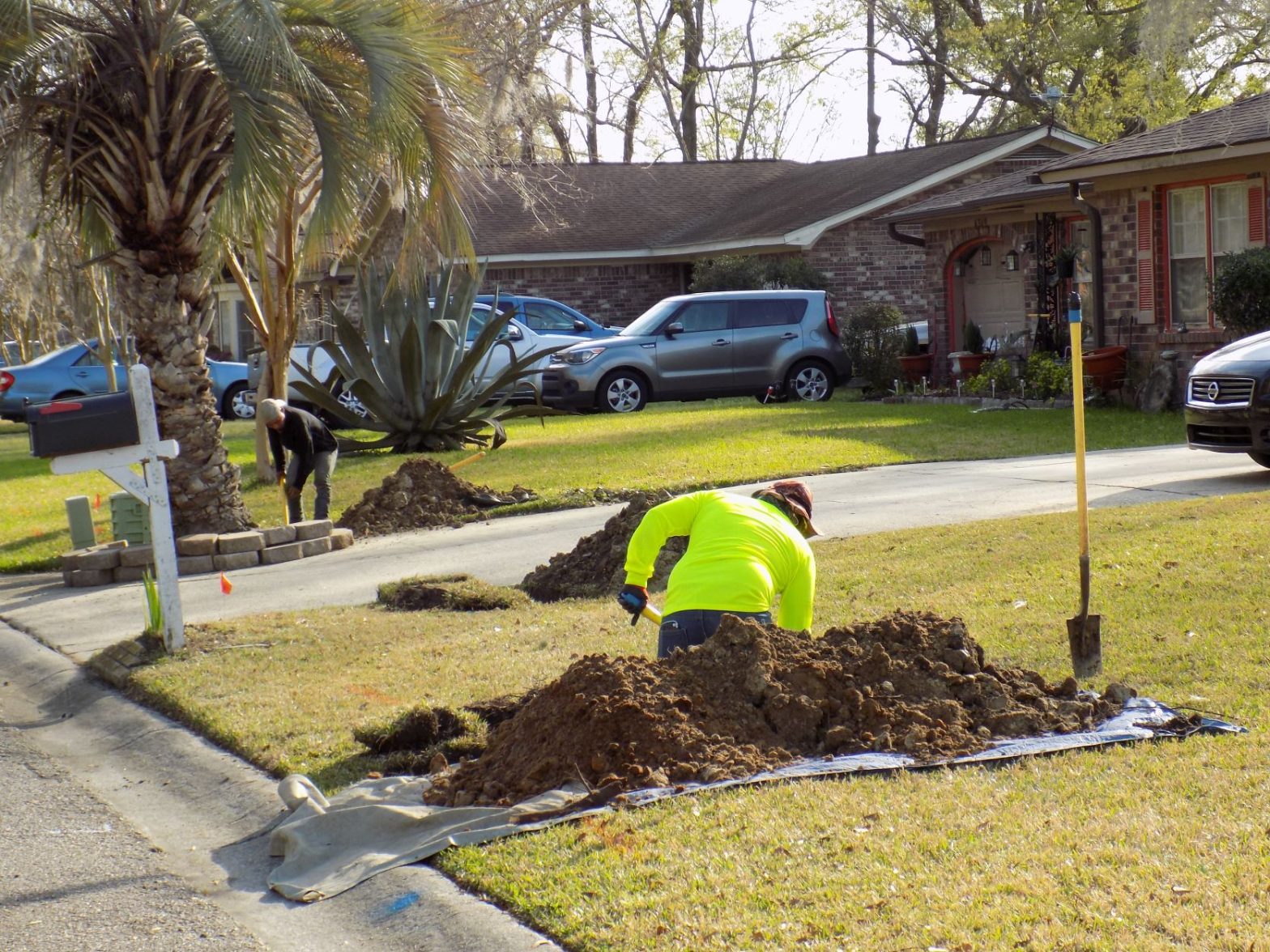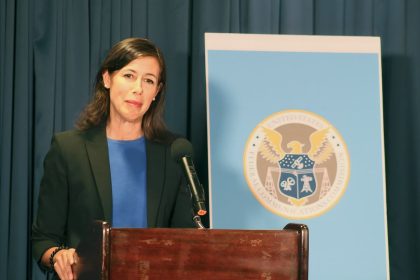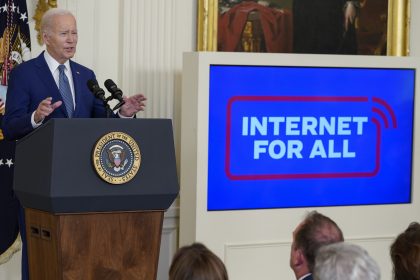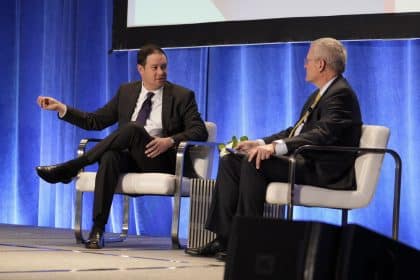Creating the Broadband Nutrition Label

WASHINGTON — When an internet connection fizzles out or slows down significantly it causes disruptions for work, medical care, education and many other aspects of everyday life that have gone online because of the pandemic.
And it’s frustrating to people like Alan Smith, who recently spoke at the Federal Communications Commission’s public hearing on broadband labels.
“I would still get these ‘internet is unstable’ moments, even after allegedly a clear and open connection of hundreds of megabits per second,” he said, explaining he had to bounce around from one internet provider to another to find the right service.
Much like how trans fats and calories didn’t mean much to Americans before nutrition labels were required in 1990, megabits per second similarly flies over the heads of many Americans trying to see a telehealth doctor or Zoom into a tutoring session. However, it’s the very measurement that indicates a strong enough internet connection. That’s why the FCC is soliciting feedback and working on creating a mandatory label for internet providers.
The label, still in the early phase of its creation, will inform consumers about the performance of the internet service they may wish to hook up in their homes or businesses.
This work started last summer when President Joe Biden signed an executive order requiring internet providers like Comcast and Verizon to provide a label that “give[s] consumers clear, concise and accurate information regarding provider prices and fees, performance and network practices.”
The order also requires internet providers to report their prices to the commission, which will then make the information publicly available. Pricing can take people by surprise as it’s often tied up in bundles or other promotions. The executive order seeks to prevent that, giving consumers a clearer picture of the service they’re purchasing.
Those rules were further solidified in the bipartisan Infrastructure Investment and Jobs Act, so the commission started the process in January.
At its most recent meeting earlier this month, officials from the commission listened to consumer marketing experts and broadband advocates discuss what makes a good label and the issues they see when talking with Americans.
They also listened to internet users like Smith, who put it bluntly: “If the thing I was trying to … do wasn’t working, then it didn’t count,” he said, explaining how he saw his internet connection service.
Previous labels proposed under the Obama administration were mostly about the internet service’s pricing, still leaving speed to be interpreted as MBps. Those labels were never required because they were supposed to be implemented in 2016, but the Trump administration never followed through.
Many of the people talking at the commission’s hearing said that the previous label wasn’t necessarily enough.
It still lacks the user-friendly answer to the question, “Will I be able to rely on it when I need to?” said Amina Fazlullah of Common Sense, an advocacy group specializing in technology and creating better connectivity, according to its website.
While the commission is creating its label, there are other groups dedicated to helping people understand their internet needs. Consumer Reports launched the “How Much Internet Speed Do You Need?” tool that helps people calculate their personal internet needs.
Madeline can be reached at [email protected]






















